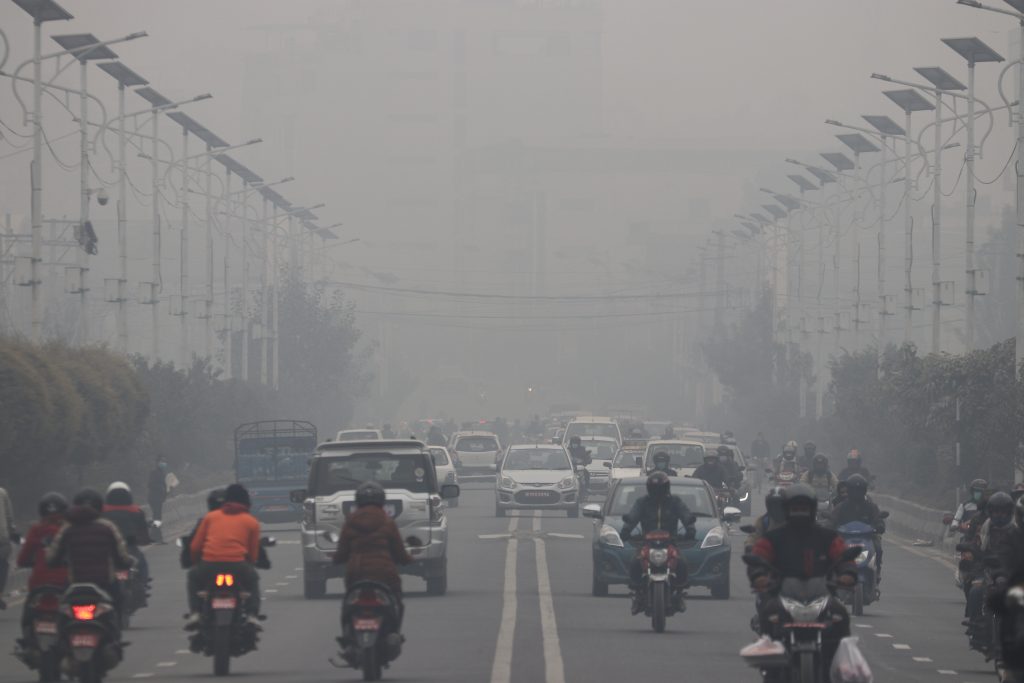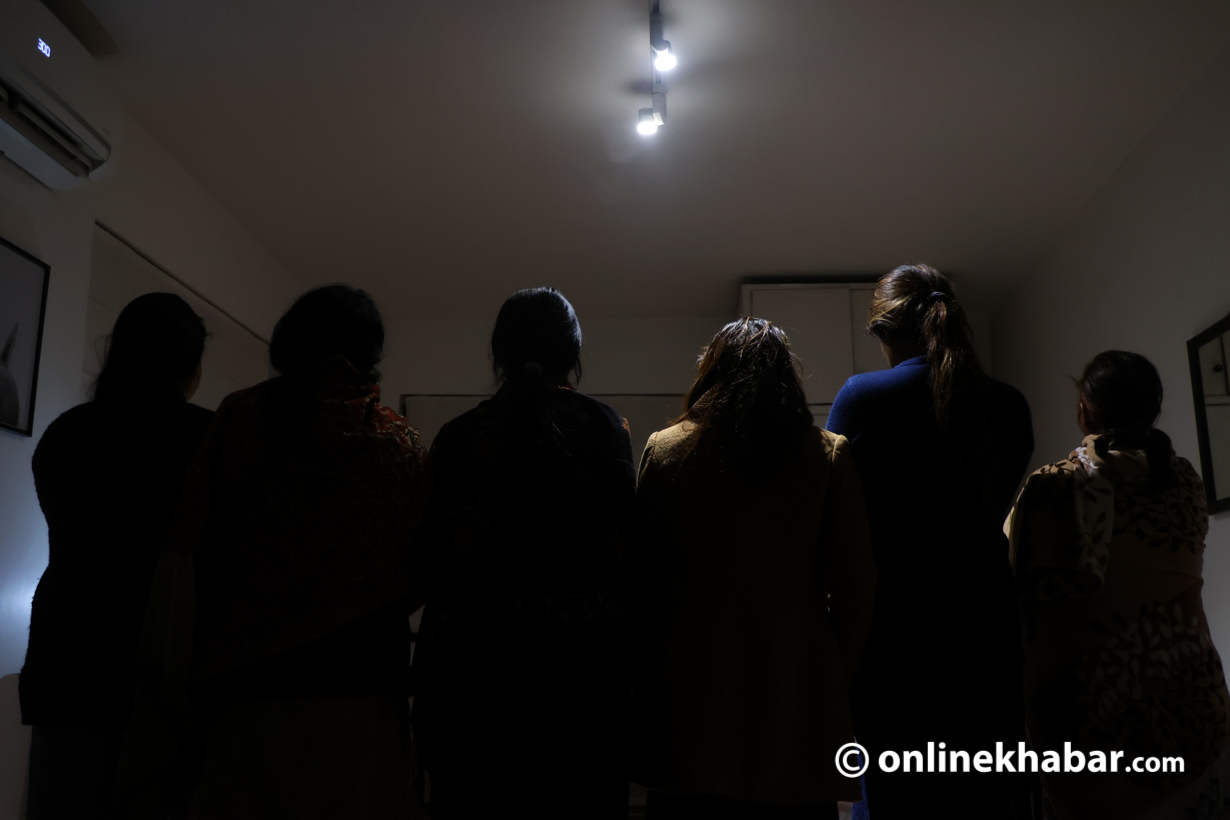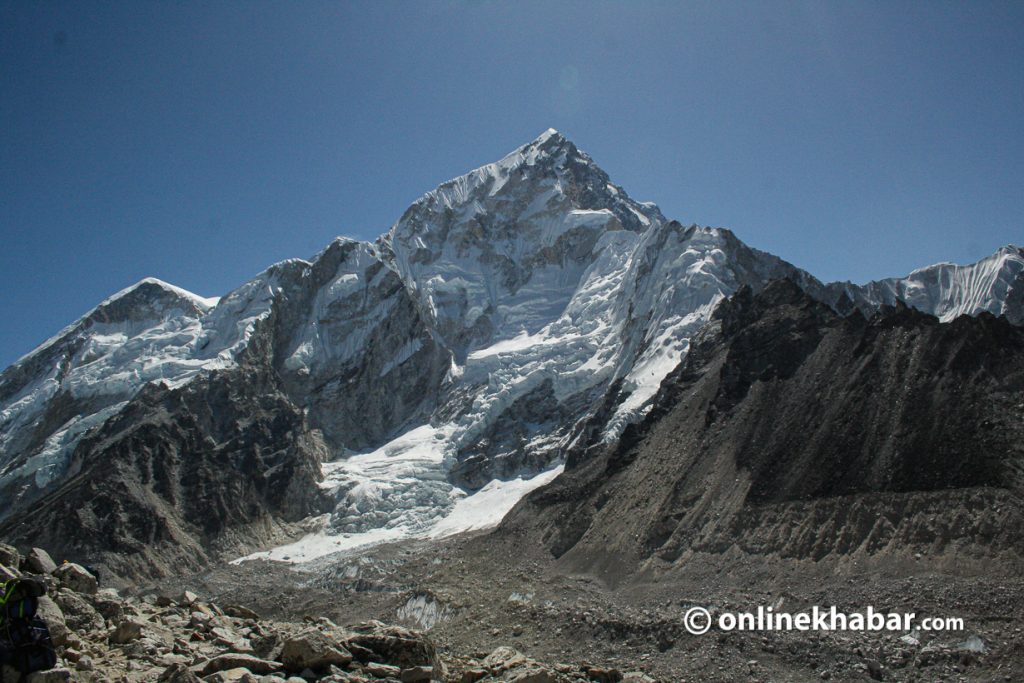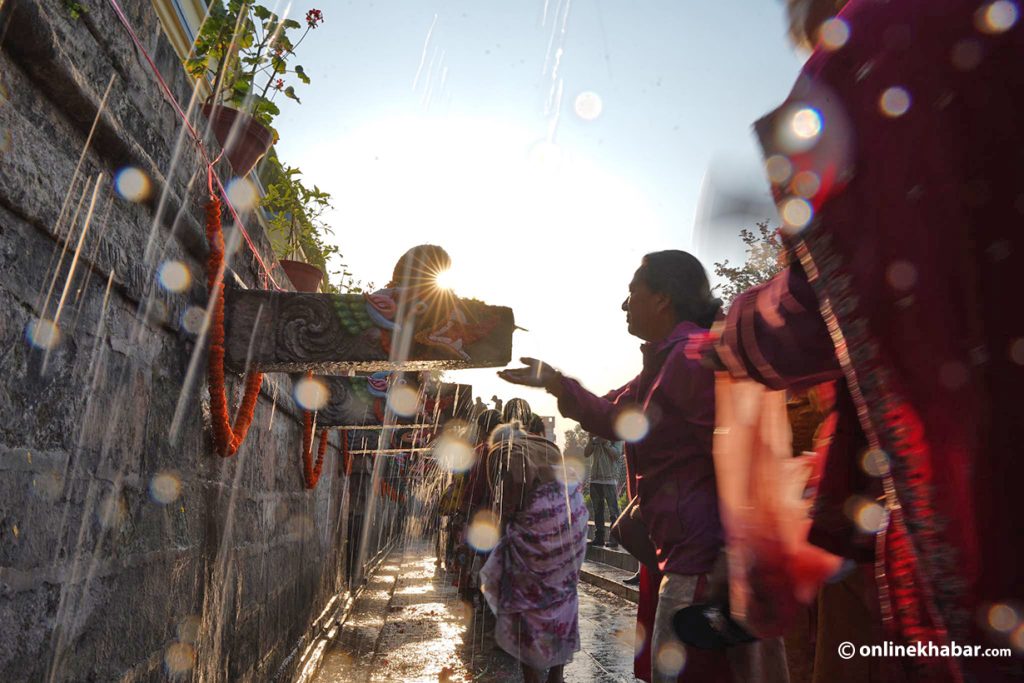
Aadi Production
A war of ideologies has brought little positive change to the lives of the denizens in director Deepak Rauniyar’s White Sun, where two brothers can’t seem to set aside their political differences, even in the midst of a grave familial tragedy.
When ideologies are institutionalised, hopes and fears also suffer the same fate. Voices, and aspirations no longer remain individual, and eventually get drowned in the collective act of a revolution. Caught between decrees and declarations, and the left and the right, however, lies countless stories which often lay forgotten.
White Sun, which opened in theatres last week after an extensive tour around the world, brings to fore several such stories, set in motion by the political upheavals during the last two decades.
There is a child made orphan by the conflict and another who has been rendered stateless while the entire youth population remains absent from villages. Those who remain in the decidedly dreary hinterland of White Sun (the gloomy yet beautiful cinematography is by Mark Ellam), live in the hope of concrete change. But amidst partisanship, and remnants of the revolution, the only thing that remains is a palpable sense of hostility.

… unlike Highway, with its multiple narratives, White Sun tie in the myriad repercussions of the war elegantly to its narrative, put in thrust by the conceit of the death.
This hostility, which is initially extended towards Chandra (Dayahang Rai) upon his arrival to his native village after the death of his royalist father, soon snowballs with the corpse’s journey downhill to the cremation site. Like the bus to Kathmandu in director Rauniyar’s debut feature Highway, the final journey is caught in its own ‘bandh’.
There are no one obstructing the tedious path downhill though. Unlike organised protests and staged lockdowns, the journey is stalled due to class-bred prejudices and ideological differences, which is not much different from the political deadlock faced by the country in transition, during the fragile peace process.
And unlike Highway, with its multiple narratives, White Sun ties together myriad repercussions of the war elegantly with its narrative, put in thrust by the conceit of the death.
It’s aesthetic flourishes are generous, and the performances are great throughout. The second time around, director Rauniyar has beautifully realised a culturally significant piece of cinema with White Sun, which situates itself neatly in the larger context.
***
Read also
‘Purano Dunga’ movie review: Distinctly tragic and deeply resonant
‘Chhaya’ movie review: A wonderful little film with lofty aspirations
























